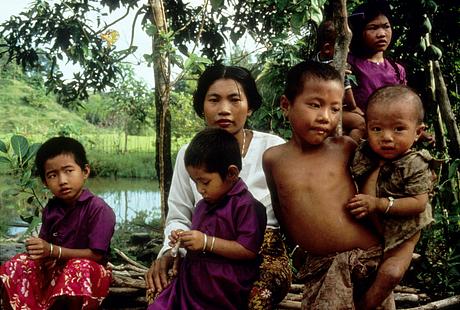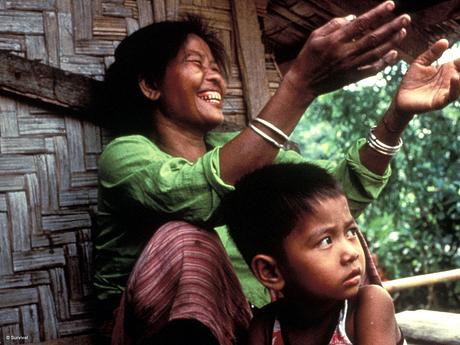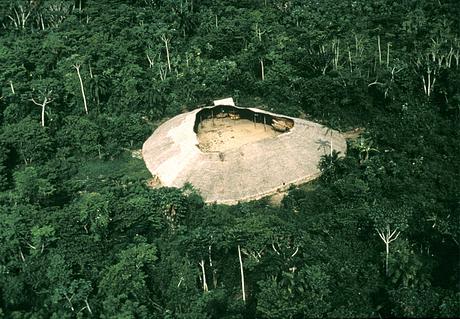Chittagong Hill Tracts of Bangladesh – rapists act with impunity
April 3, 2014
 © Mark McEvoy/Survival
© Mark McEvoy/SurvivalThis page was last updated in 2014 and may contain language which is now outdated.
Jumma tribal women and girls from the Chittagong Hill Tracts (CHT) in Bangladesh are being raped with impunity by settlers, activists have warned. Six cases of rape against Jumma women have been reported in the first three months of 2014 alone.
According to local sources, a tribal woman named Sabita Chakma was raped and murdered by a group of Bengali settlers as she went to the river in the morning. In another incident, a teenage girl was left unconscious in the forest after being gang raped. There are also many cases of sexual assault, including an alleged attempted rape by a junior army officer.
The true number of atrocities is likely to be much higher, as many cases go unreported – Jummas have no confidence that the perpetrators will be prosecuted and victims of rape face social stigma. The security forces in the region are more likely to protect the rapists than the tribal population.
The government of Bangladesh has moved hundreds of thousands of settlers into the Chittagong Hill Tracts, home to eleven tribes collectively known as Jummas. The Indigenous Jummas have lost their land to the settlers, and have also been subjected to violent repression by the army.
In a recent article entitled ‘When rapists are Bengali. When Rape Is A State Weapon For Ethnic Cleansing’, Samari Chakma, an Indigenous lawyer, wrote, ‘We, the Indigenous hill women in Khagrachari, are passing days in extreme anxiety and fear. At present, CHT is a rapists’ heaven.’




